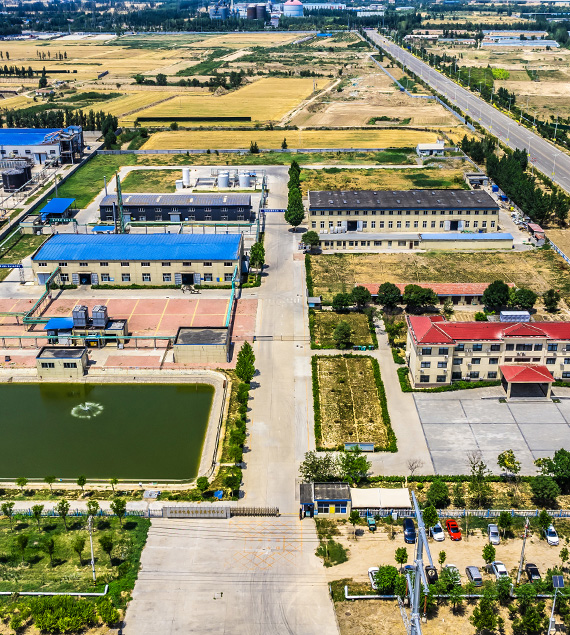-
-
Building 5,18 Yueluo Road, Yuepu Town, Baoshan District, Shanghai, China
Call Anytime
+86 131 2053 3622The Current Development Status of Chemical Engineering and Pharmaceutical Industry
Chemical Engineering is a multidisciplinary science that intersects chemistry, physics, biology, biochemistry, mathematics, economics, and more, with a focus on the principles of transfer processes and chemical reaction engineering. In 1921, the Massachusetts Institute of Technology (MIT) established the world's first department of Chemical Engineering. Over the course of a century, the scope of Chemical Engineering research has expanded beyond traditional chemical industries to encompass various process industries involved in the conversion of matter and energy, such as energy, materials, metallurgy, environmental, biological, food, and pharmaceutical industries. Continuously intersecting and integrating with other disciplines, Chemical Engineering has occupied an irreplaceable position in meeting the significant needs of national economic development. According to data released by the China Petroleum and Chemical Industry Federation, in 2021, China's chemical industry's added value increased by 7.5% year-on-year, with the cumulative revenue and profit of enterprises above designated size in the chemical industry reaching 8.66 trillion yuan and 793.22 billion yuan, respectively, setting a record high and growing by 31.1% and 85.4% year-on-year, respectively [1]. In 2021, the National Natural Science Foundation of China (NSFC) clearly stated in its project guidelines that Chemical Engineering should intersect and integrate with disciplines such as chemistry, materials science, biology, and information science to provide a scientific basis for national major demands in modern manufacturing, energy security, strategic emerging industries, and life health.
The pharmaceutical industry is a vital component of China's national economy, closely related to people's life health and quality of life. In October 2016, the Central Committee of the Communist Party of China and the State Council issued the "Healthy China 2030" Plan Outline, proposing that China should "enter the ranks of the world's leading pharmaceutical powers" by 2030. In the "14th Five-Year Plan," the Party Central Committee continues to prioritize "comprehensively advancing the construction of Healthy China" as a significant task for the future. Since the reform and opening-up, the pharmaceutical industry has consistently been one of the fastest-growing sectors in China's socio-economic development, with its total output value increasing from 6.6 billion yuan in 1978 to 183.4 billion yuan in 2000. After entering the 21st century, the pharmaceutical industry has continued to grow rapidly, with its total output value now exceeding 4 trillion yuan, making China the world's largest emerging pharmaceutical market. The number of pharmaceutical enterprises nationwide [2] has also surged from 38 in the early days of the People's Republic of China to 7,382 in 2019. China has become the world's largest pharmaceutical production base, accounting for 40% of global capacity [3].
It is evident that the research scope of Chemical Engineering continues to expand, and the vigorous development of the pharmaceutical industry is still in full swing. Moreover, the continuous integration of pharmaceuticals and chemicals is an inevitable trend and the general direction of interdisciplinary development.




